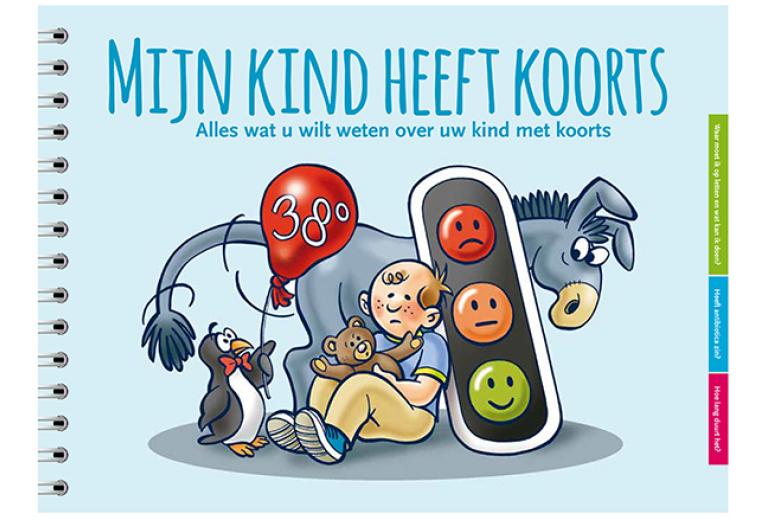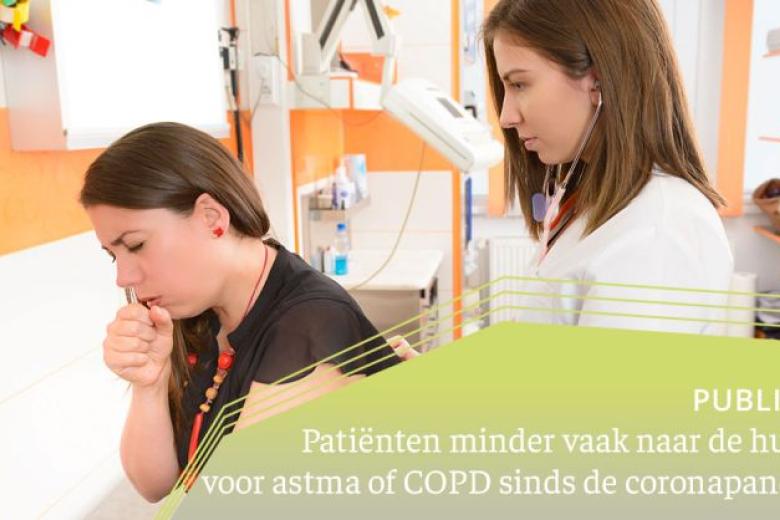Optimising Patient Care
In view of advances in knowledge and changes in population demographics and health care, the research line Optimising Patient Care (OPC) wants to provide better insight in effective prevention, diagnosis, treatment and prognosis of diseases in (primary) care and public health. We want to turn questions arising from clinical and public health practice into evidence that is applicable in practice itself.
Research and impact
We carry out studies among patients in general practice as well as secondary and tertiary care, and public health settings, evaluating new and existing care elements and strategies. In addition, we run and study population-based cohorts in order to discover new targets for prevention. We have a strong interest in strengthening prevention in the region. We make use of the latest methodological approaches, including prediction modelling, meta-research techniques and machine learning; in the process of designing and performing studies, we often develop innovative quantitative methodology that can also be used elsewhere in clinical and epidemiological research.
Case study
For years, children’s healthcare centres in the Netherlands advised young parents to feed their baby only breast milk for the first six months of life. Exclusive breastfeeding was thought to reduce the risk of infants developing food allergies and eczema. A substudy of the KOALA study found that the reality is a bit more nuanced. The guidelines have since been updated.
News
Research stories and case studies
Children have more energy and behave more socially
Studying the Healthy Primary School of the Future

Paying employees to quit smoking pays off
CAPHRI research contributes directly to making our society healthier

More information, fewer antibiotic prescriptions
Results of the CHildhood Infections LImburg (CHILI) study

Living systematic review of diagnostic and prognostic prediction and machine learning models for COVID-19
COVID PRECISE

Publications and Doctoral Theses
Projects and partners
Here we provide insights into what topics our research projects are tackling (selection), who the actors involved in them are, and how our research enables doctors and public health workers to deliver care and care-related prevention that is optimally suited to every individual.
Persoonsgerichte, integrale nazorg COVID-19 in de regio (PINCOR)
Ziektelastmeter voor Chronische Aandoeningen
Earlier diagnosis and improved pharmacotherapy for Dutch preschool children with asthma-like symptoms by using the innovative breath test
Childhood Infections Limburg (CHILI): Optimizing management and medication of febrile children in out-of-hours primary care
The Healthy Primary School of the Future
Continuous Abstinence Through Corporate Healthcare (CATCH)










